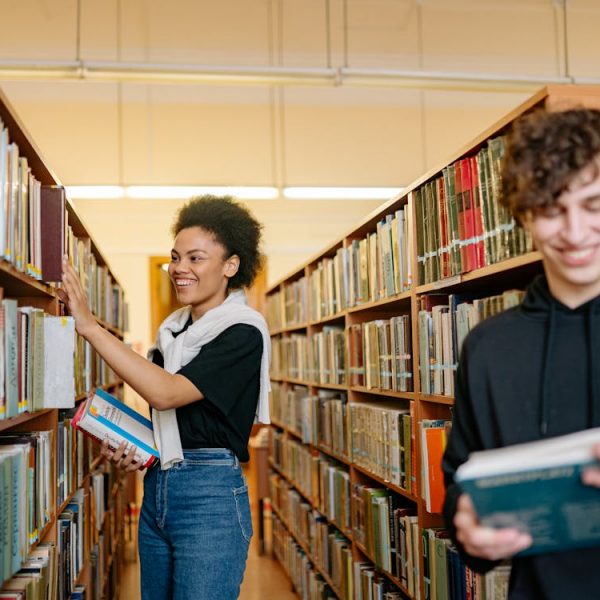
Author: Klimentina Gjorgjioska
Editor: Dimitar Chatleski
Photo credits: Riina Meldre
Have you ever wondered about what is your brain’s favorite method of learning and remembering things? Have you found yourself without knowing something or learning about it, you can explain it to others with ease and enthusiasm? Have you thought about the difference between the words game (n.) and play (v.)? Can you imagine an educational system that would use games as an official tool of learning?
Well I definitely can! 🙂
I know initially, it may seem like a totally unserious approach to a very important social pillar – the educational one, but the outcomes of trying this new tendency may be very efficient and effective. Many NGOs, while working on specific projects are actually using different kind of games in order to make the subject they work on easier, funnier and more comprehensive. So, the participants are always keen on learning more about the topic, engage themselves in debates and start thinking critically. If this can be implemented with young adults in informal education, what is the obstacle to implement it on every level of education?
‘Games are our brain’s favorite method to learn’, says Viktoria Matrašilina, president of the NGO Youth Senate Tallinn, who already realized a project on the topic of games.
But, the stereotypes are always present, emphasizing the fact that games equal only to fun, and can be used only with small children in kindergarten. Actually, games can be used as an ideal tool for social cohesion, progress, motivation and mobilization of the pupils/students.
‘As a future lawyer I am quite intrigued and curious to find out how educational games can touch and spice up my studying and working field’, says Slobodan Jevtimov, a law student.
If games were to be implemented in the sphere of education, we would come up with classrooms full with pupils/students who would perfectly merge together. They would learn by not even thinking that they are learning, eager for new knowledge and fun, where everyone would be completely focused on each and every task – a classroom full with positive energy.
‘Problems can be solved and goals achieved if one looks at them from a bit different angle in a joyful and playful manner’, says Sandra Ovcinikova, a youth worker /volunteer.
Benjamin Franklin, one of the founding fathers of the USA, said that: ‘We do not stop playing because we grow old; we grow old because we stop playing!’ So, this just affirms the fact that we can still be adults and mature and we can still play games, because games are all about organization, team work and strategy. By playing games, one can gain and develop so many competences and skills that can be useful in his/her studies, work, everyday life. 🙂
The ultimate goal after graduation is the formation of mature and complete individuals willing to actively participate in the social and business life of the community where they live and work. The young people are the true generators of changes in our societies. That’s why we should focus on their better socialization and education. The games, as an interactive method, offer bigger opportunities for better education with bigger quality, higher involvement and socialization of the pupils/students. They also allow greater stimulation in areas where pupils tend to be more closed and assist them in breaking their barriers and encourage them to work as a team, as that is the guarantee for their better adaption and greater integration in the labor market. So, by applying these educational tools, the benefits would work for the society as a whole.
Last, but not least keep this Nelson Mandela’s quote in mind: ‘Education is the most powerful weapon which you can use to change the world!’




